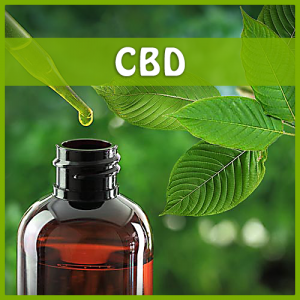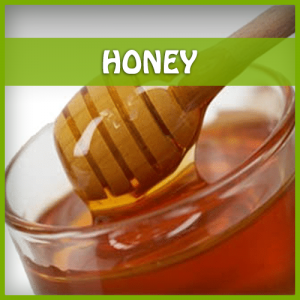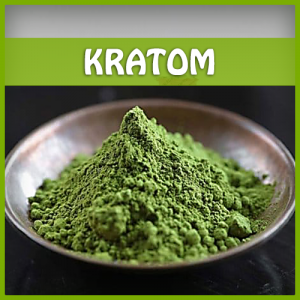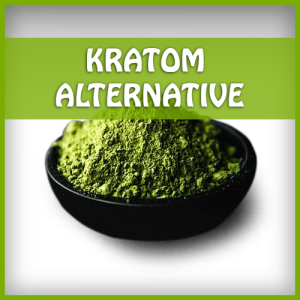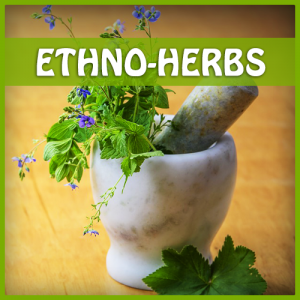Updates
Barberry Root Powder: A Comprehensive Guide to Its Uses and Benefits
Barberry root powder is a popular herb in the traditional medicinal practices of Iran, India, and China. It is derived from the roots and bark of the barberry plant, a shrub with thorny branches that grows in temperate regions around the world. The powder is created by drying and grinding the roots and bark of the plant into a fine powder.
In this article, we will explore the uses and benefits of barberry root powder, including its anti-inflammatory and antioxidant properties, as well as its potential benefits for digestion, immunity, and heart health.
History and Traditional Uses
Barberry has a long history of use in traditional medicine. In Iran, it has been used for over 2,500 years as a treatment for a variety of ailments, including infections, diarrhea, and fever. In India and China, it has been used to treat digestive disorders, such as dyspepsia and constipation, as well as liver and gallbladder problems.
In Europe, barberry was also used in traditional medicine, particularly as a remedy for jaundice and liver problems. It was also used as a natural dye for fabrics and as a flavoring for food and drinks.
Active Compounds
Barberry root powder contains several active compounds, including berberine, a plant alkaloid that has been extensively studied for its medicinal properties. Berberine has been shown to have anti-inflammatory, antimicrobial, and antioxidant properties, which may explain some of the benefits of barberry root powder.
Other active compounds in barberry root powder include isoquinoline alkaloids, such as oxyacanthine and berbamine, as well as flavonoids, such as quercetin and kaempferol.
Anti-inflammatory Properties
Barberry root powder has been shown to have anti-inflammatory properties, which may be beneficial for conditions such as rheumatoid arthritis and other inflammatory disorders. A study published in the Journal of Ethnopharmacology found that barberry root extract reduced inflammation in rats with rheumatoid arthritis by suppressing the production of pro-inflammatory cytokines.
Antioxidant Properties
Barberry root powder is also a rich source of antioxidants, which are compounds that protect cells from damage caused by free radicals. Free radicals are unstable molecules that can damage cells and contribute to aging and disease.
A study published in the Journal of Medicinal Food found that barberry root extract had significant antioxidant activity, which was attributed to the presence of polyphenols and flavonoids in the plant.
Digestive Benefits
Barberry root powder has been traditionally used to treat digestive disorders, such as dyspepsia, diarrhea, and constipation. It is believed to stimulate the production of digestive juices and promote healthy bowel movements.
A study published in the European Journal of Pharmacology found that barberry root extract reduced gastric ulcer formation in rats by increasing the production of mucus in the stomach lining. The researchers suggested that the anti-inflammatory and antioxidant properties of barberry root may be responsible for this effect.
Immune Support
Barberry root powder may also have immune-boosting properties, which may be beneficial for preventing and treating infections. Berberine, a key compound in barberry root, has been shown to have antimicrobial activity against a variety of pathogens, including bacteria, viruses, and fungi.
A study published in the Journal of Antimicrobial Chemotherapy found that berberine was effective against several strains of antibiotic-resistant bacteria, including MRSA and VRE. Another study published in the Journal of Clinical Microbiology found that berberine inhibited the replication of the influenza virus in vitro.
In addition to its antimicrobial properties, barberry root powder may also help support immune function by modulating the activity of immune cells. A study published in the International Immunopharmacology found that berberine increased the activity of natural killer cells, a type of immune cell that plays a key role in fighting infections and cancer.
Heart Health
Barberry root powder may also have benefits for heart health, particularly for individuals with high cholesterol levels. A study published in the Journal of Cardiovascular Pharmacology found that barberry root extract reduced serum cholesterol levels in rats by inhibiting the activity of an enzyme involved in cholesterol synthesis.
Another study published in the Journal of Ethnopharmacology found that berberine reduced serum triglyceride levels in patients with metabolic syndrome, a cluster of conditions that increase the risk of heart disease.
Safety and Precautions
While barberry root powder has many potential benefits, it is important to use it safely and with caution. Barberry should not be used during pregnancy, as it may stimulate uterine contractions and increase the risk of miscarriage. It may also interact with certain medications, including blood thinners, diabetes medications, and antihypertensive drugs.
Individuals with liver or kidney disease, as well as those with a history of gallstones, should also avoid using barberry root powder, as it may exacerbate these conditions. Additionally, high doses of barberry root powder may cause stomach upset, nausea, and vomiting.
Conclusion
Barberry root powder is a versatile herb that has been used for centuries in traditional medicine to treat a variety of conditions. Its anti-inflammatory and antioxidant properties may make it beneficial for conditions such as rheumatoid arthritis, digestive disorders, and heart disease. It may also have immune-boosting and antimicrobial properties, making it a potentially useful supplement during cold and flu season.
However, it is important to use barberry root powder safely and with caution, as it may interact with certain medications and may not be suitable for everyone. As with any supplement, it is recommended to speak with a healthcare professional before using barberry root powder to ensure its safety and suitability for your individual needs.









